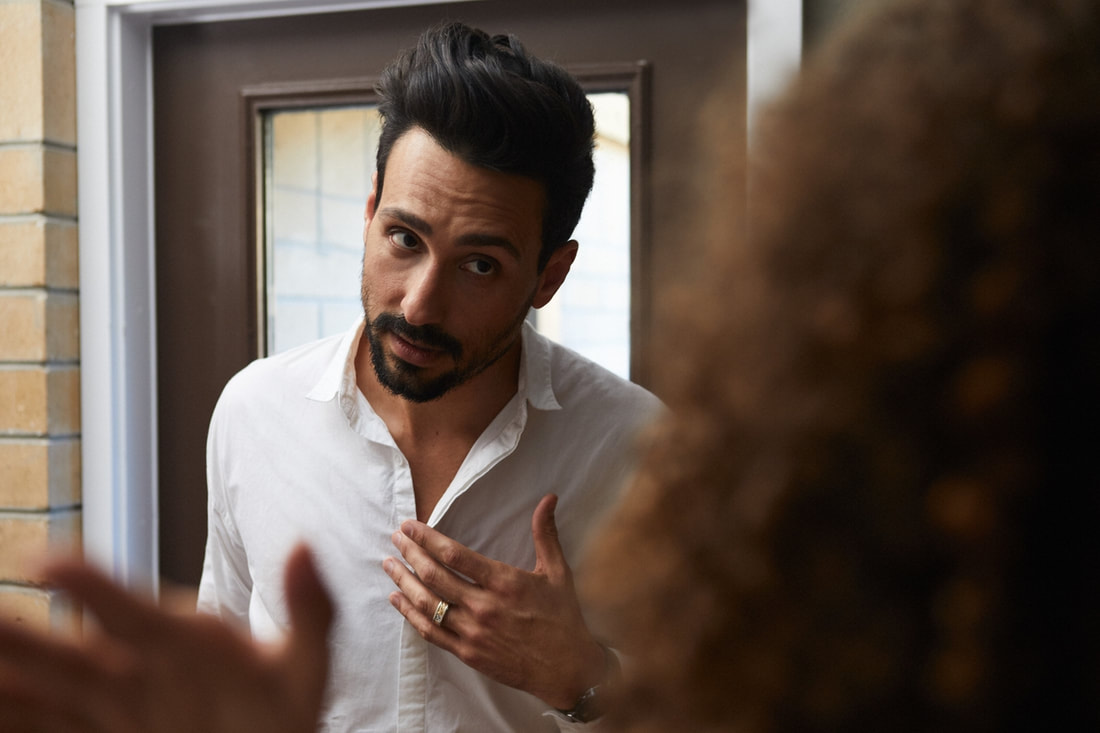|
One of the first questions I ask at the beginning of couple therapy is, “What made you decide couple therapy was the thing to do?” Almost universally the response has something to do with communication. Typically, one or both will say something like, “We don’t communicate.” Most of the time that response is accompanied by some confusion and a fair amount of frustration. The confusion and frustration usually come from a firmly held belief that the other is unable or unwilling to fulfill his/her side of the communication equation.
The truth is that in a relationship, there is no such thing as NOT communicating. Everything we do communicates something. Sitting silently with arms folded across the chest communicates something. Rolled eyes and heavy sighs communicate something. Turning toward or away from someone communicates. Tone of voice communicates. The pace of talking communicates. Not talking communicates. Throwing “F” bombs across the room communicates very clearly. So, the notion of not communicating is simply wrong headed. And the notion that added communication will, in and of itself, improve things is equally wrong headed. When couples say, “We don’t communicate,” they are really saying, “We don’t have conversations that successfully resolve issues.” All conversation is communication but, not all communication is conversation. The real goal is conversation because conversation is at the core of relationship health. In a conversation, there are, of course, two roles that need attention…the speaker role and the listener role. Although both are essential, the listener role deserves our immediate attention for several reasons. First, most have never been taught how to listen well. Second, expressing ourselves comes more or less automatically so it doesn’t need immediate attention. Granted, the expressions are often less than desirable but they are, nevertheless, there. Third, good listening has the power to change a relationship because it actively and authentically demonstrates love and respect in a way that speaking just can’t. Although listening deserves our greatest attention, how we express ourselves, verbally and nonverbally, also deserves attention. Since self-expression is naturally active, its source is really important. If the source of my expression is patience and compassion things will likely go well. If, on the other hand, the source of my expression is frustration, anger or even revenge, things will likely not go so well. Attending to the source of self-expression is a good place to start when trying to improve the speaker side of conversation. Stay tuned. I’ll tell you how to listen so your partner will talk.
0 Comments
Your comment will be posted after it is approved.
Leave a Reply. |
Jake Thiessen, PhDI've been working with couples for a very long time. And, I love it! This blog is my attempt to communicate some of the things I've learned over the past 40 years. Archives
October 2020
Categories |



 RSS Feed
RSS Feed